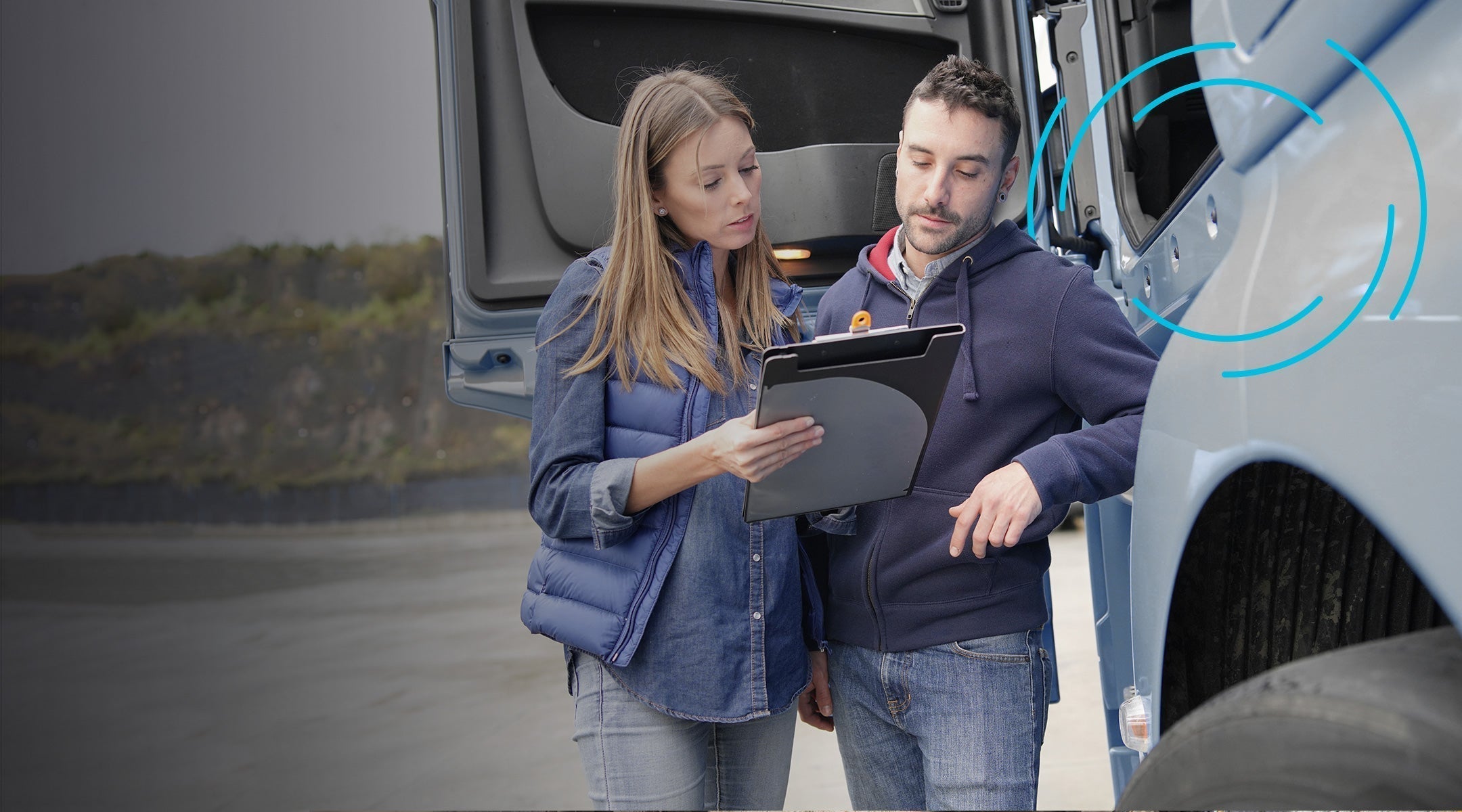The phrase “GPS tracking technology” reminds many people of spy thrillers, sci-fi shows, or crime dramas. This can lead to negative stereotypes that make them suspicious of GPS tracking tech. But it’s actually a very helpful device that can protect families and businesses, like a home security camera you can access from your phone, or a burglar alarm that sends you text alerts.
Spytec GPS is a self-serve GPS tracking platform for small and mid-size fleets, with plans starting at $8.95/vehicle/month and no long-term contracts.

GPS tracking and privacy
A natural concern one might have about GPS tracking is that placing a tracker on an individual might violate their privacy. Tracking a private citizen without their permission or knowledge is most definitely not okay (in fact it’s illegal in some places), although the line gets blurry for businesses that use drivers and GPS trackers for vehicles.
In a business scenario, the goal of GPS tracking isn’t just to monitor the whereabouts of their employees while they’re on the clock. Often, the reason our clients use GPS tracking is to gather information that helps keep employees safe and efficient:
-
Driver routes can be organized in a way that minimizes fatigue,
-
Speed monitoring ensures the safety of the driver and the commuters around them.
By using GPS tracking in this manner, businesses can make decisions that’s both in the employee’s and the company’s best interest.
The cost of GPS tracking devices
Another concern we often hear about GPS tracking is that it’s pricey and complicated. Even ten years ago, the tech required to follow movement on a satellite map in real-time wasn’t something most businesses or individuals could purchase in a few clicks.
While GPS tech has largely remained the same since its development in the 80s and 90s, the hardware and software associated with it have come a long way. Portable GPS tracking devices are now smaller, simpler to use, and more affordable than a walkie-talkie. The apps and interfaces used to gather the information are smart and designed to display data in a way that’s useful to regular individuals.
→ See fleet tracking plans starting at $14.95/mo
GPS tracking capability on smartphones
The last misconception many people have about GPS tracking is that modern-day smartphones have GPS technology built in, so additional tracking systems for individuals are redundant.
While built-in GPS software might be useful for showing your friend where you are in a park, it’s not a reliable method for long-term tracking. At any point, your phone could lose power, be forgotten, lose signal, or have location services turned off. These risks are avoided by dedicated GPS trackers that are hardwired into vehicles, are attached via magnetized case, or simply placed into a belt holster.
The truth behind GPS tracking
When used responsibly and within the boundaries of the law (and common sense), GPS tracking can be an enormous benefit to private individuals, businesses, and their employees. It gives access to important and timely location information that can improve safety, protect valuable equipment and vehicles, and increase business efficiency.
While AirTags and other smartphone-based tracking apps can perform similar functions, GPS tracking devices and software are entirely their own solution with unique benefits like longevity, accuracy, and coverage area.
Visit our Shop to check out the latest and greatest in portable and vehicle-based GPS tracking devices.
Frequently Asked Questions
How does GPS tracking work?
GPS trackers receive signals from at least 4 of the 31 GPS satellites orbiting Earth. The tracker calculates its position using the time difference between satellite signals, then transmits that location to you via cellular networks. Spytec GPS displays this data on a real-time map dashboard accessible from any device.
Do GPS trackers work indoors or underground?
GPS signals are weaker indoors and underground because they rely on line-of-sight to satellites. Most GPS trackers will get a fix near windows or in parking garages, but may lose signal deep inside buildings. Once the tracker moves outdoors, it reconnects and resumes tracking automatically.
What is the difference between GPS and cellular tracking?
GPS uses satellites to determine location (the "where"). Cellular networks are used to transmit that location data to your phone or computer (the "how you see it"). Spytec GPS trackers use both — GPS for positioning and 4G LTE cellular for data transmission.
Do I need a subscription for a GPS tracker?
Yes. GPS trackers require a cellular data plan to send location updates. Spytec GPS plans start at $14.95/month (monthly) or $8.95/month (annual) with no contracts. Every subscription includes a free tracker device shipped in 2 days.
Ready to see your fleet in real time?
Free tracker with every plan. No contracts. Ships in 2 days.
Shop Fleet Trackers →


Share:
GPS Tracking Tech: The Difference Between 4G and LTE
GPS Tracking for Trailers